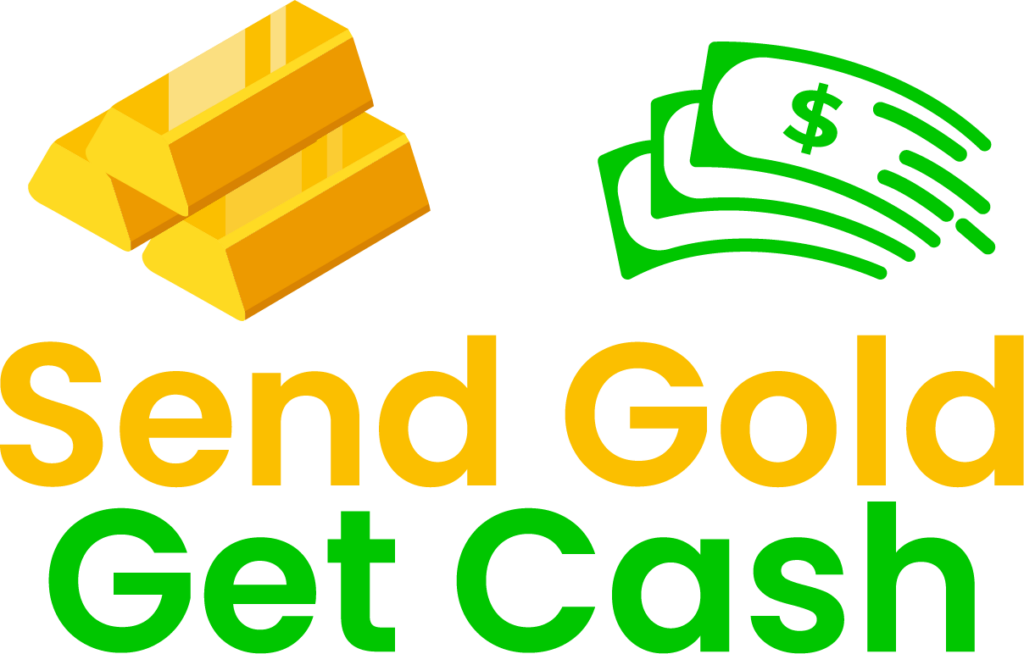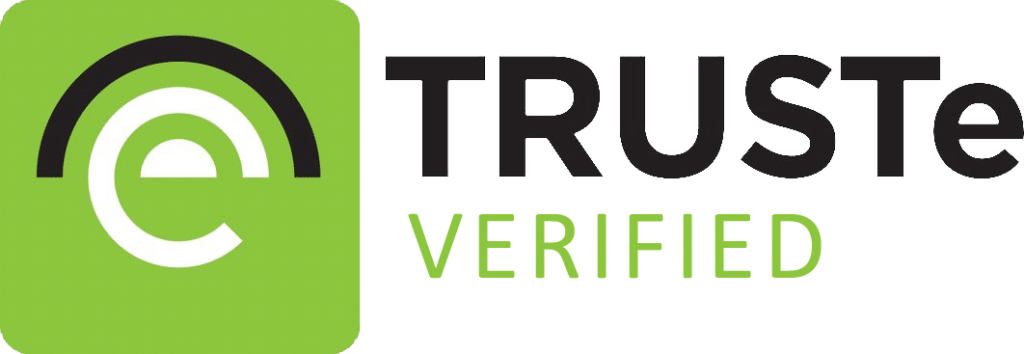What is a Certified Diamond: Comprehensive Guide for Sellers
What is a certified diamond? This question often arises in the minds of people who want to buy or sell diamonds. Certified diamonds are stones that have undergone rigorous quality assessment by reputable gem labs, providing assurance about their authenticity and value.
In this post, we’ll delve into the process of certifying diamonds, understanding the importance of the 4Cs (carat weight, cut, color, clarity) in certification and how they determine a diamond’s quality. We’ll also explore why certified diamonds offer higher security compared to non-certified ones.
Table of Contents:
- Understanding Certified Diamonds
- Value Proposition Offered By Certified Diamonds
- Evaluating Different Diamond Certifications
- Navigating Online Purchases Of Certified Diamonds
- Expanding Scope With Lab-Grown Solitaire Diamond Certification
- FAQs in Relation to What is a Certified Diamond
- Conclusion
Understanding Certified Diamonds
A certified diamond is not just another gemstone. It’s a precious stone that has undergone rigorous analysis by independent and reputable gemological laboratories like the GIA or AGSL. These labs issue an in-depth report, often referred to as a certificate, which grades various aspects of the diamond’s attributes.
The Process of Certifying Diamonds
The certification process isn’t simple; it involves meticulous examination under controlled lighting and precise viewing conditions. This ensures unbiased grading based on internationally accepted standards.
Importance of The 4Cs in Certification
The most crucial elements graded during this process are known as the 4Cs – carat weight, cut, color, and clarity. Each ‘C’ plays a significant role in determining the value of your diamond. Let me break them down for you:
- Carat Weight: This refers to how much your diamond weighs.
- Cut: Here we’re talking about how well-cut your diamond is – its proportions, symmetry, and polish all matter.
- Color: Did you know diamonds come in different colors? They do. And their color grade depends on how little color they exhibit.
- Clarity: Clarity measures any internal or external flaws (known as ‘inclusions’ and ‘blemishes’).
All these factors combined give us an accurate representation of our sparkly friend’s worth.
Value Proposition Offered By Certified Diamonds
I’m sure you’d concur that trustworthiness is of the utmost importance when it comes to purchasing jewelry. That’s where certified diamonds shine bright (pun intended.). With third-party grading expertise from trusted labs like GIA or AGS backing up their quality claims, there’s no room left for doubt.
Risks Associated With Uncertified Stones
Purchasing uncertified stones can be risky business because without proper certification, there’s no way to verify if what you’re buying matches what was advertised. This can lead to issues: A buyer may question if they’re getting their money’s worth, while a seller could undervalue their precious asset without even realizing it.
Role Of Certification In Dispute Resolution
Certifications aren’t just for peace of mind during transactions; they also serve as evidence if disputes regarding quality arise later on. Think back to when you bought your first used car – wouldn’t having a comprehensive report detailing every aspect have made things easier?
Diamond certification works similarly by providing third-party grading expertise, which enables comparison shopping and offers peace of mind when investing in expensive jewelry pieces. So, the next time someone questions the quality or authenticity of your diamond piece, remember that the certificate has got your back.
Key Takeaway:
Certified diamonds are valuable gemstones that have undergone rigorous analysis by reputable laboratories and come with a detailed certificate. The certification process involves examining the diamond’s carat weight, cut, color, and clarity to determine its worth. Buying certified diamonds ensures credibility and eliminates risks associated with uncertified stones, while also providing solid evidence for dispute resolution in case of quality issues.
Evaluating Different Diamond Certifications
When it comes to diamond authentication, not all labs are equivalent; some have been questioned for their irregular evaluation norms, prompting overstated cases about the nature of their jewels. Some have faced criticism for inconsistent grading standards, leading to inflated claims about the quality of their gems. For instance, certain laboratories like EGL and GSI have come under fire in the past for their lax grading practices.
Criticisms Faced by Some Labs Like EGL & GSI
The controversy surrounding EGL International, a former diamond certifying lab, is an excellent example of this issue. They were known for over-grading diamonds, which led to consumers paying more than they should have.
Gemological Science International (GSI), another laboratory, has also been criticized at times for its alleged lenient grading system compared to other reputable labs such as AGS or GIA.
Why the Industry Prefers GIA or AGS Certifications
Given these issues with some certification bodies, industry experts often recommend sticking with either GIA (Gemological Institute of America) or AGS (American Gem Society Laboratories). These organizations are lauded globally due to their consistency in grading, coupled with the high-tech imagery used during evaluation.
In fact, many jewelers prefer these certifications because they trust the rigorous process that these institutions follow when evaluating diamonds. The reputation of both the GIA and AGS ensures buyers can confidently invest in certified diamonds without fear of misrepresentation or fraud.
Key Takeaway:
Not all diamond certification labs are reliable, with some facing criticism for inconsistent grading practices. The industry recommends sticking with reputable certifications from GIA or AGS to ensure accurate grading and avoid overpaying.
Navigating Online Purchases Of Certified Diamonds
As we continue to embrace the digital age, purchasing precious stones like diamonds online has become commonplace. It’s not just about convenience anymore; it’s also about leveraging advanced tools that aid in making informed decisions.
Benefits Of Using Advanced Viewing Tools For Purchasing Diamonds Online
These high-tech tools are designed to give you an almost-real experience as if you were inspecting the diamond physically. You can view the stone from all angles and assess its cut, clarity, color, and carat weight with precision.
This level of transparency was unheard of in traditional brick-and-mortar stores where lighting conditions could often misrepresent a diamond’s true quality. Now imagine combining this technological advancement with trusted certification – that’s what I call smart shopping.
Combining Technology With Trusted Certification
The value proposition here is clear: authenticity and fair pricing are guaranteed. When buying certified diamonds online from reputable platforms that allow you to SEND DIAMONDS AND GET CASH, you know exactly what you’re getting into.
You have access to GIA or AGS certificates verifying each gemstone’s attributes alongside these interactive visuals. This combination ensures peace of mind, knowing that your investment is backed by credible third-party grading expertise.
Key Takeaway:
Navigating the online purchase of certified diamonds has become easier with advanced viewing tools offered by online platforms. These tools allow buyers to examine every detail of a diamond, ensuring transparency and peace of mind.
Expanding Scope With Lab-Grown Solitaire Diamond Certification
Just as the world of technology continues to evolve, so does the diamond industry. Now, not only can natural diamonds be certified, but lab-grown solitaires too. This is a major development for those looking to offload their precious items.
The certification process for these man-made gems has opened up new avenues within the industry landscape. It’s like getting a second opinion from an expert before making any purchase or sale transaction – no more guesswork.
Benefits of Getting Lab-Grown Solitaires Certified
So why should you consider getting your lab-grown solitaire certified? My mate Jane was pondering selling her prized diamond ring.
Jane had purchased this beautiful piece years ago without realizing it was actually a lab-created gemstone. Without certification, she found it challenging to convince potential buyers about its quality and size.
- Certification provides evidence: Once Jane got her stone certified by GIA, she had tangible proof of its attributes which helped build trust with prospective buyers.
- Informed decisions lead to fair pricing: The detailed grading report enabled both parties to make informed decisions based on accurate information rather than mere assumptions or hunches, thereby ensuring fair pricing during transactions.
- Adds value: Just like how having your car inspected increases its resale value, similarly having your precious asset duly certified adds considerable worth along the way too.
This anecdote underscores just how important certification is when dealing with valuable assets such as diamonds, whether they are naturally mined or created in labs.
You see, folks, it’s all about credibility and transparency here. Whether you’re looking into buying a piece for yourself or considering cashing out some old pieces lying around, always remember that knowledge is power – especially when that knowledge comes backed by reputable third-party expertise via certifications from trusted sources like GIA or AGS.
Key Takeaway:
The certification process for lab-grown solitaire diamonds has opened up new opportunities in the industry, providing tangible proof of a diamond’s attributes and helping to build trust with potential buyers. Getting a lab-grown solitaire certified adds value to the asset and ensures fair pricing during transactions, making it an important step when dealing with valuable assets like diamonds.
FAQs in Relation to What Is a Certified Diamond
Does a certified diamond mean it’s real?
A certified diamond is indeed real and has been analyzed by an independent gemological laboratory for its quality characteristics.
What’s the difference between a diamond and a certified diamond?
A plain diamond hasn’t undergone formal evaluation, while a certified diamond has been assessed by an independent lab for authenticity and quality aspects like Cut, Clarity, Color, and Carat weight (the 4Cs).
Why should you get a diamond certified?
Certifying your diamond ensures it’s authentic, helps in determining its true value, and aids in resolving disputes related to its quality or price.
Conclusion
So, you want to sell your diamond? Well, you better know what a certified diamond is! It’s all about that fancy certification process that checks the 4Cs (cut, color, clarity, and carat weight) to make sure your rock is legit. No fakes allowed!
But hold up! Not all certifications are created equal. Some labs like EGL and GSI have gotten some shade thrown their way. Stick with the big boys like GIA or AGS if you want the industry’s seal of approval.
And hey, if you’re shopping online for certified diamonds, use the modern viewing tools that combine tech with trusted certification.



